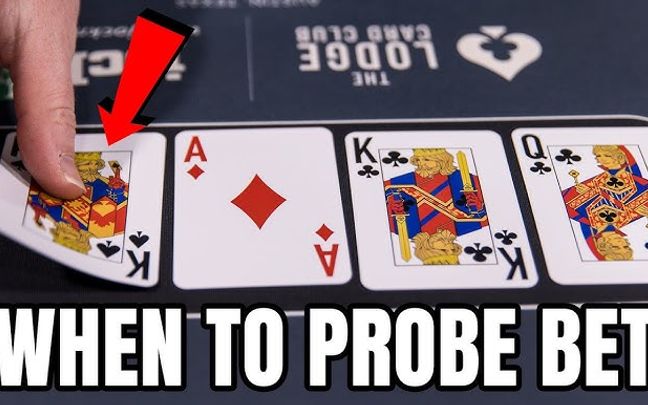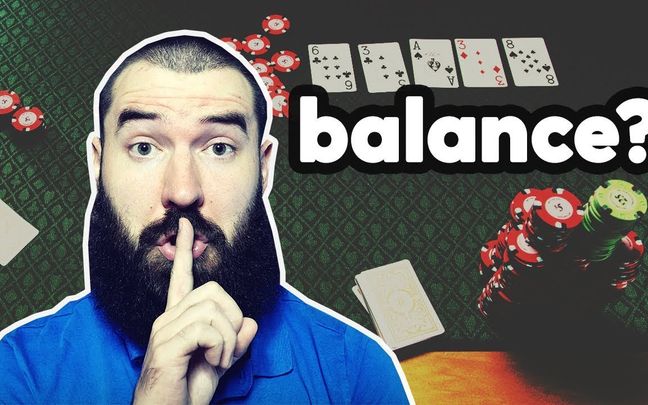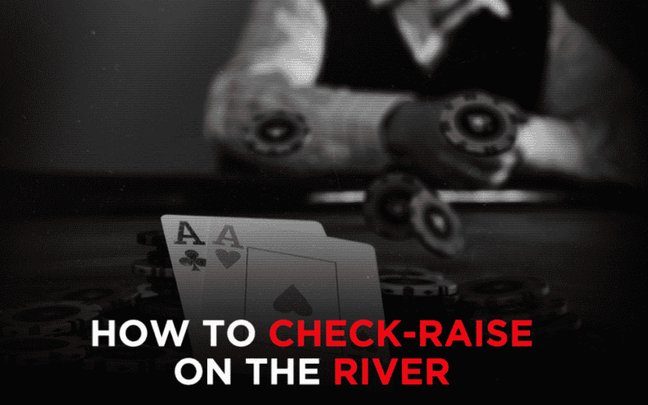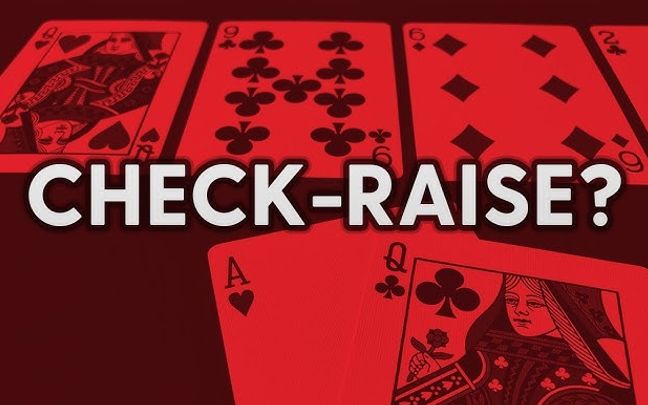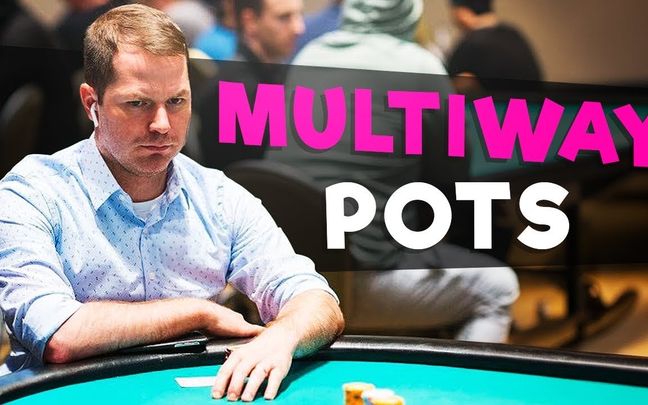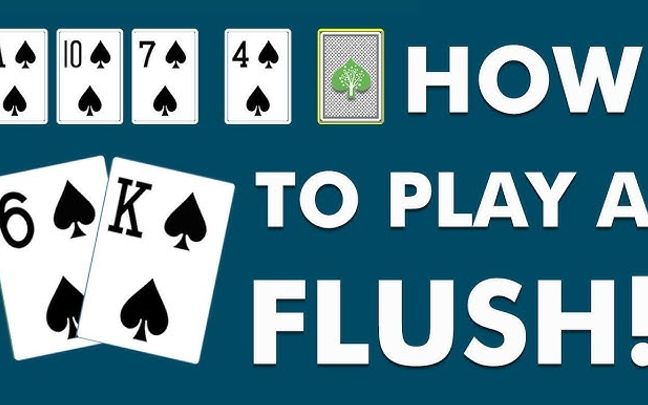A River bet is the final betting action in a poker hand and often determines the outcome of the entire hand. This is the moment you must make a difficult choice based on everything that has occurred in the previous betting rounds.
With each card revealed, a River bet not only reflects the true strength of your hand but also offers an opportunity to execute sophisticated strategies to maximize profit or deceive your opponent. In this article, we will explore the significance of River bets and the factors to consider when making this crucial decision in poker.

A river bet is the final betting action in a poker hand.
What is a River Bet in Poker?
A River bet in poker refers to the action of betting or raising on the final betting round, known as the "river." To understand this better, let's go through each betting round in a standard poker game like Texas Hold'em:
-
Preflop: After each player is dealt two private cards, the first betting round occurs.
-
Flop: Three community cards are revealed on the board, and the second betting round begins.
-
Turn: The fourth community card is revealed, and the third betting round takes place.
-
River: The fifth and final community card is revealed, marking the final betting round - where the River bet occurs.
Significance of a River Bet
-
Strategy and Analysis: By the river, you have complete information about all five community cards on the board and your two private cards. At this point, your betting or raising (River bet) will be based on a thorough analysis of the situation, including the strength of your own hand, what the opponent might be holding, and the opponent's behavior in previous betting rounds.
-
Applying Pressure or Protecting a Hand: A River bet can be a way to put pressure on an opponent if you believe you have the strongest hand. Conversely, it can also serve to protect a mediocre hand, forcing the opponent to fold rather than waiting to check their hand without having to put in more money.
-
Bluffing: The river is a common time to attempt a "bluff" because it is the final opportunity to win the pot without a showdown. If you have built a credible story through previous betting rounds and make a large bet on the river, you might force your opponent to fold even if their hand is stronger.
-
Pot Size: A River bet can also be used to maximize value if you believe you have the best hand. In this case, you might bet large enough to extract additional money from your opponent, but not so large that it scares them away and causes them to fold.
-
Deciding the Hand: As the river is the final betting round, any action in this phase is decisive. You need to consider carefully, as a wrong decision could result in losing the entire pot, while a correct decision could lead to a big win.
In summary, a River bet is an important and strategic action in poker, occurring during the final betting round of a hand. It is the moment you must make a final decision based on complete information about the cards that have been revealed. A River bet can reflect the true strength of your hand or be a strategic maneuver to deceive your opponent, but in either case, it requires careful analysis and strategy.
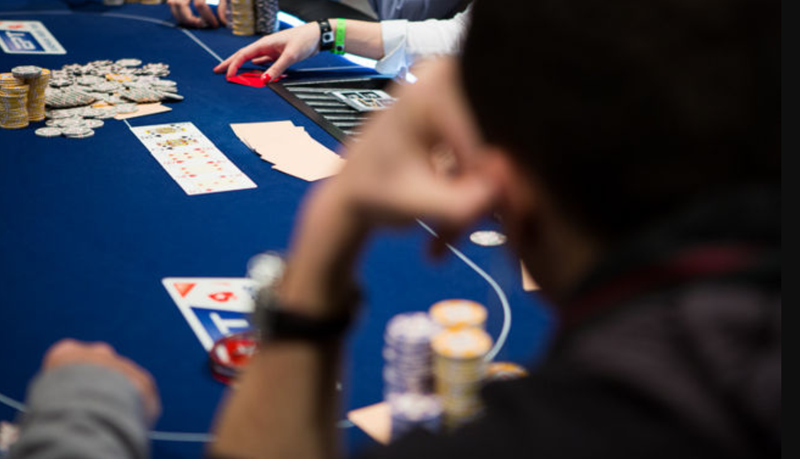
Deciding on a river bet requires thorough analysis of the situation and your opponent.
Factors to Consider When Making a River Bet in Poker
When deciding on a river bet in poker, there are several important factors you need to consider to make the optimal decision. Here are the key factors:
Strength of Your Hand
First and foremost, you need to assess the strength of your hand. This involves comparing your hand to what could be the strongest possible hands on the board based on the community cards. If you have a very strong hand (such as a straight flush, straight, or three of a kind), a river bet can be used to maximize value.
Opponent's Behavior
Analyzing your opponent’s behavior in previous betting rounds is crucial. If your opponent has been playing cautiously and conservatively, a large river bet might force them to fold. Conversely, if they have been aggressive, they might have a strong hand or could be bluffing.
Board Texture
The texture of the board (the community cards) is a critical factor. If the board has cards that could create strong hands (such as flushes or straights), you need to be careful with your river bet. If the board has fewer possibilities for strong hands (a dry board), you can use a river bet to either bluff your opponent or protect your hand.
Pot Odds and Pot Size
Pot odds (the ratio of the pot size to the amount you need to call) and the size of the pot will affect your river bet decision. If the pot is very large, a river bet can provide significant value or create substantial pressure if you are bluffing. Consider the amount you want to bet to achieve your desired outcome.
Objective of the River Bet
You need to clearly define the goal of your river bet. Are you trying to maximize value (value bet) from a weaker hand, or are you trying to force your opponent to fold (bluff)? Your goal will determine the size and approach of your river bet.
Previous Betting History
Your and your opponent’s betting actions in previous rounds (preflop, flop, turn) should be considered. This helps you construct a believable story with your river bet, making it convincing that you have a strong hand or otherwise.
Opponent’s Psychology
Understanding your opponent’s psychology can help you decide whether to make a river bet. An opponent who is easily influenced by pressure may fold to a large river bet, while a more assertive opponent may call even with a weaker hand.
Bluffing and Semi-Bluffing
The river is the last opportunity for bluffing. If you decide to bluff, you need to be sure you can make your opponent believe you have a stronger hand. Semi-bluffing (bluffing with a hand that has potential) is less effective on the river as there are no more community cards to improve your hand.
Risk Tolerance
You need to evaluate your own risk tolerance. A river bet can yield high rewards but also carries the risk of losing if your opponent has a stronger hand. If you are willing to take risks, you might opt for a larger bluff or value bet.
Remaining Chips
The number of chips you and your opponent have can impact the river bet decision. If you have a small stack, a river bet might be an all-in, requiring you to be very confident in your decision. If your opponent has a small stack, they might call with any hand.

A well-timed river bet helps you maximize profit from a strong hand.
Making a river bet in poker requires careful consideration and a deep understanding of the game. The strength of your hand, opponent's behavior, board texture, and other factors all play crucial roles in determining the best approach. Understanding and effectively applying these factors will help you improve your play and increase your chances of success at the poker table.


